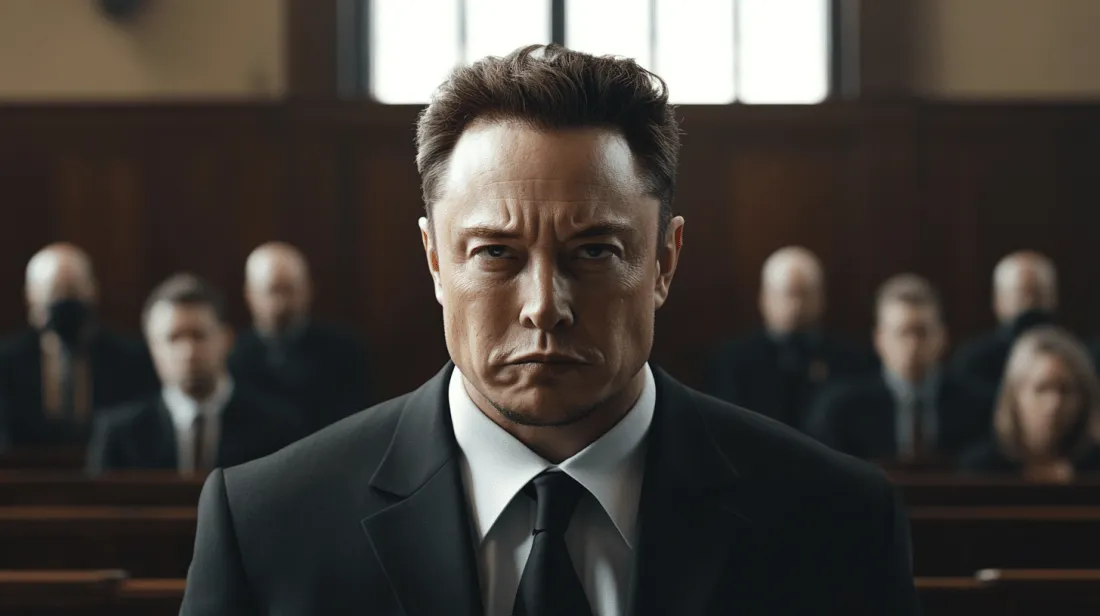Tesla Self-Driving Claims: Elon Musk's Legal Victory and Its Implications

Elon Musk recently celebrated a major victory in court related to Tesla's self-driving claims. The lawsuit centered on allegations that Musk made misleading statements about the capabilities of Tesla's autonomous driving technology. While the celebration marks a significant win for Musk, some of his defensive arguments have left many questioning the integrity of the claims surrounding Tesla’s self-driving program.
Essential Details of the Lawsuit
This lawsuit, which gained significant media attention, involved critical accusations against Musk regarding the promotional language used for Tesla's self-driving features. Claimants expressed concerns that Musk's statements were misleading to consumers and investors alike.
Key Moments in Court
- Prosecution's Argument: The plaintiffs contended that Musk misrepresented the capabilities of the self-driving feature.
- Musk's Defense: Musk argued that the comments were taken out of context and did not imply that full autonomy was imminent.
- Ruling Outcomes: The court ultimately found in favor of Musk, sparking debates over corporate accountability in the tech industry.
Impact on Tesla and the Tech Industry
The outcome of this lawsuit could have far-reaching implications for not only Tesla but also the wider automotive industry, particularly concerning the promotion of autonomous vehicle technology. As Tesla continues to advance its self-driving features, consumer trust and regulatory scrutiny will undoubtedly remain topical discussions.
This article was prepared using information from open sources in accordance with the principles of Ethical Policy. The editorial team is not responsible for absolute accuracy, as it relies on data from the sources referenced.